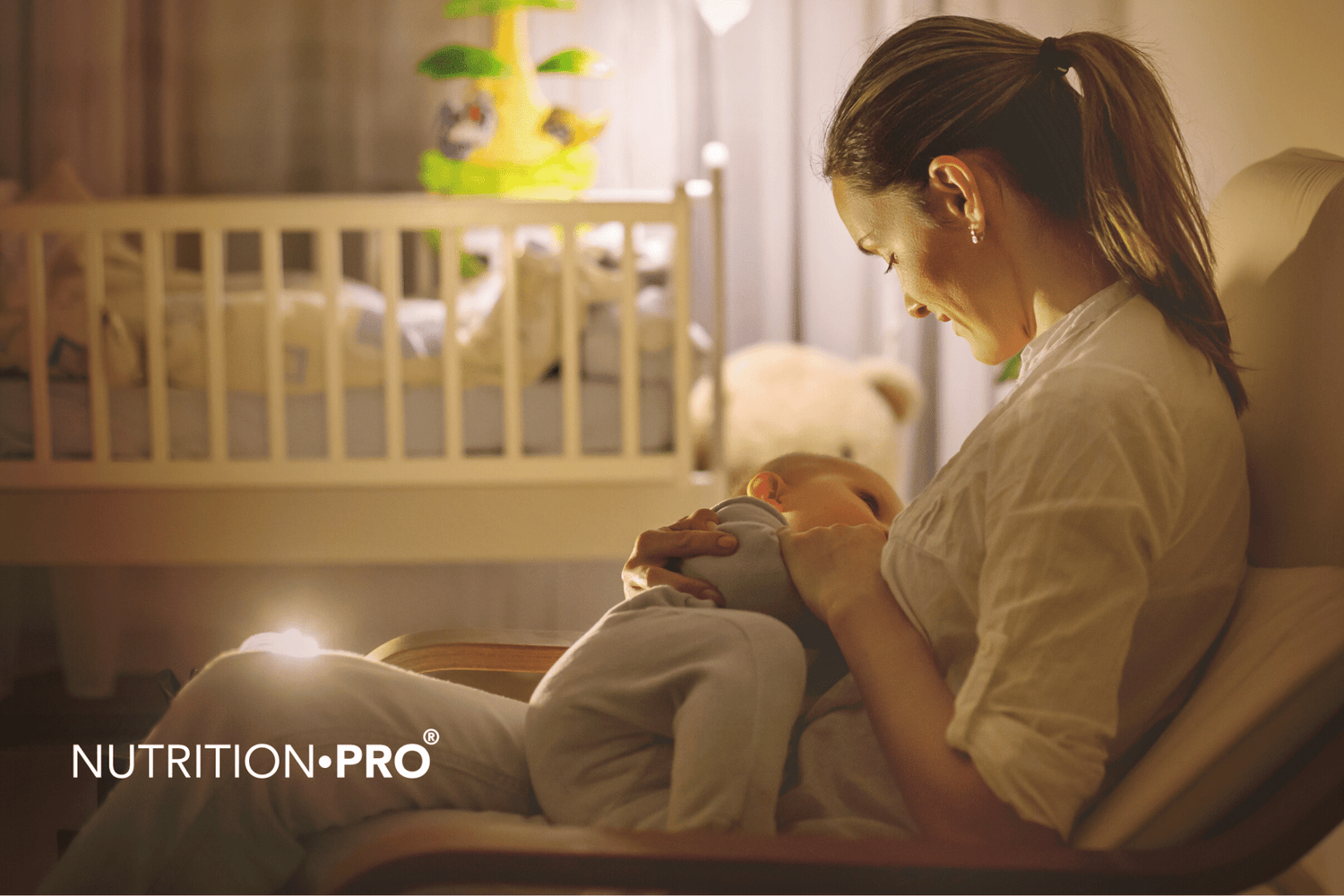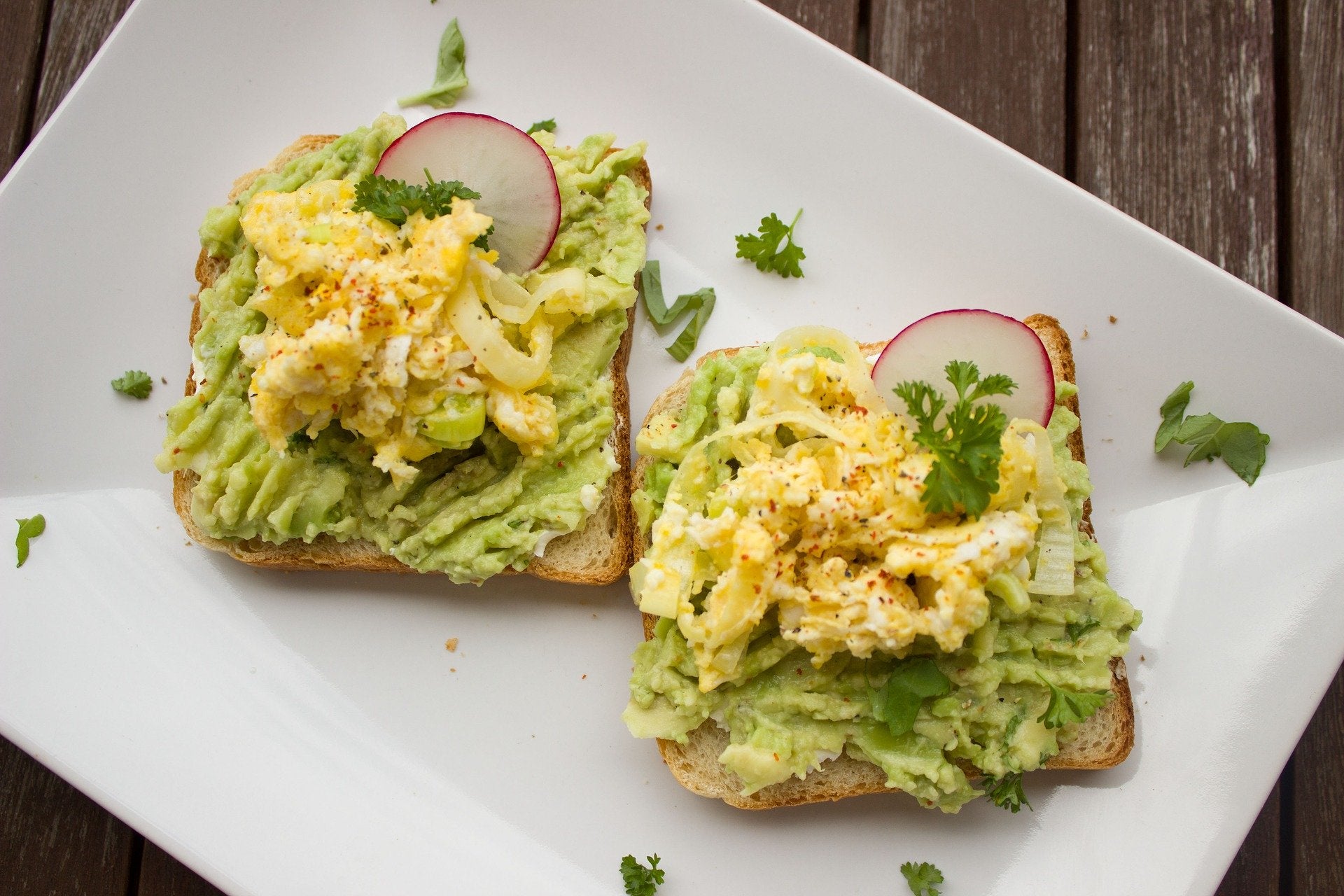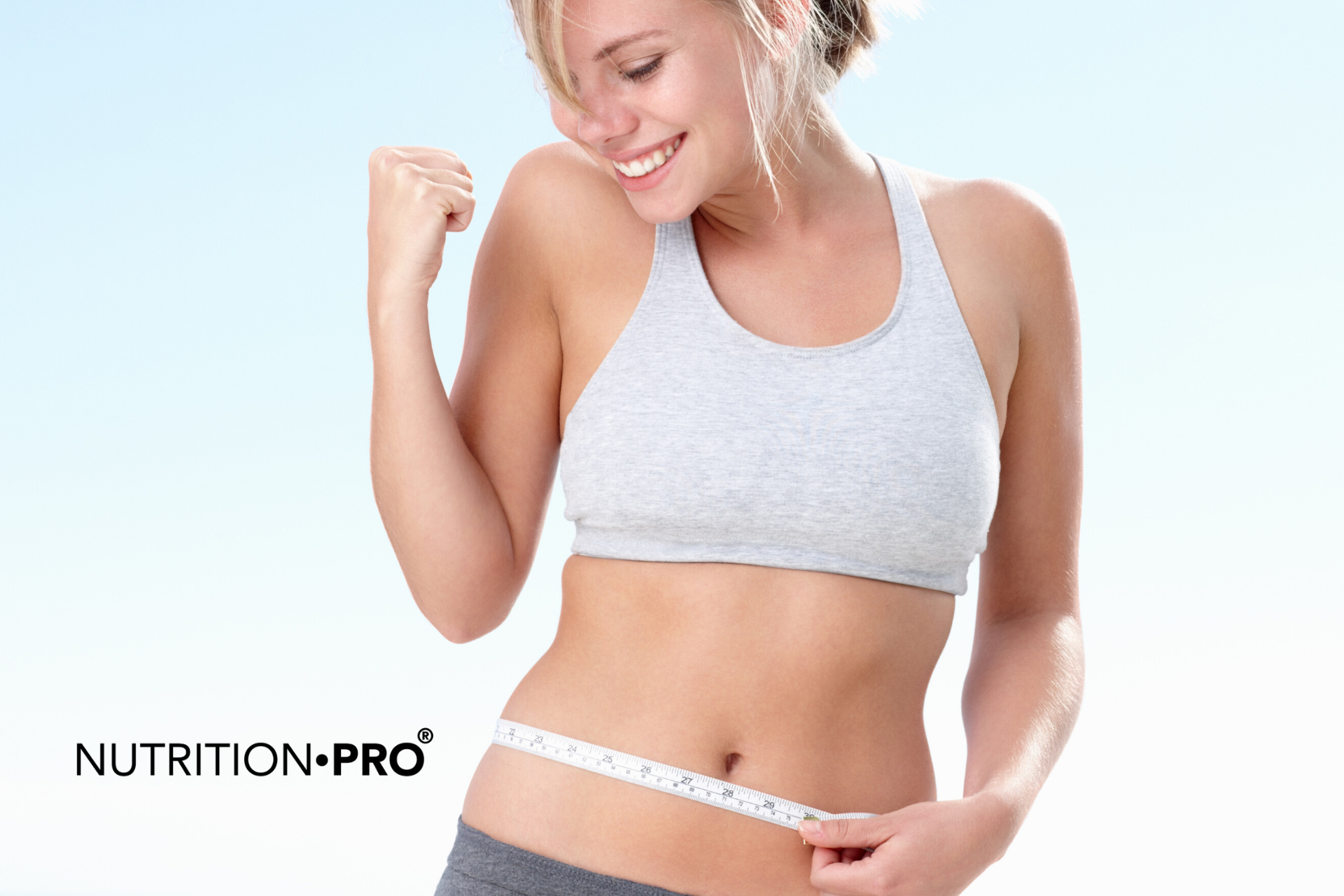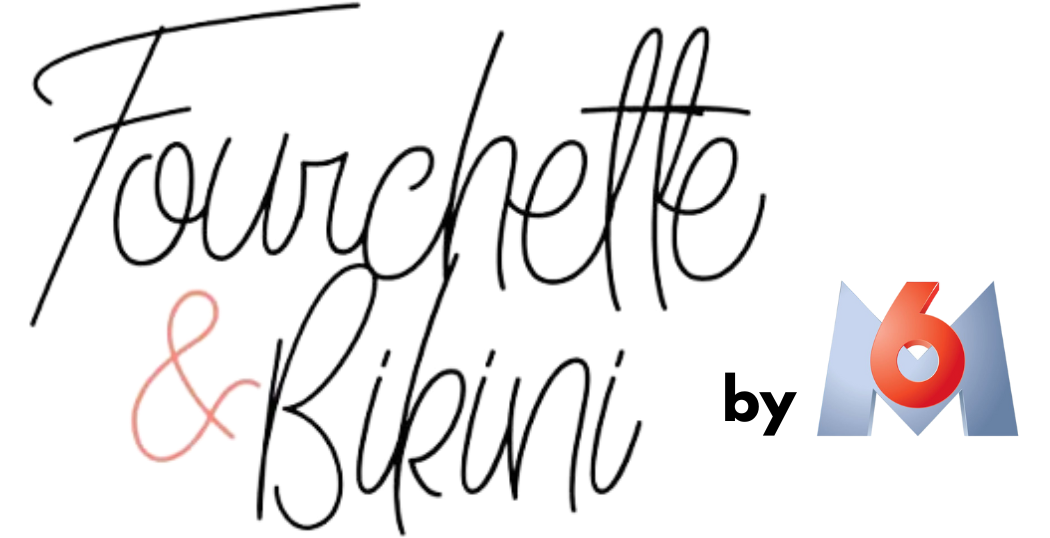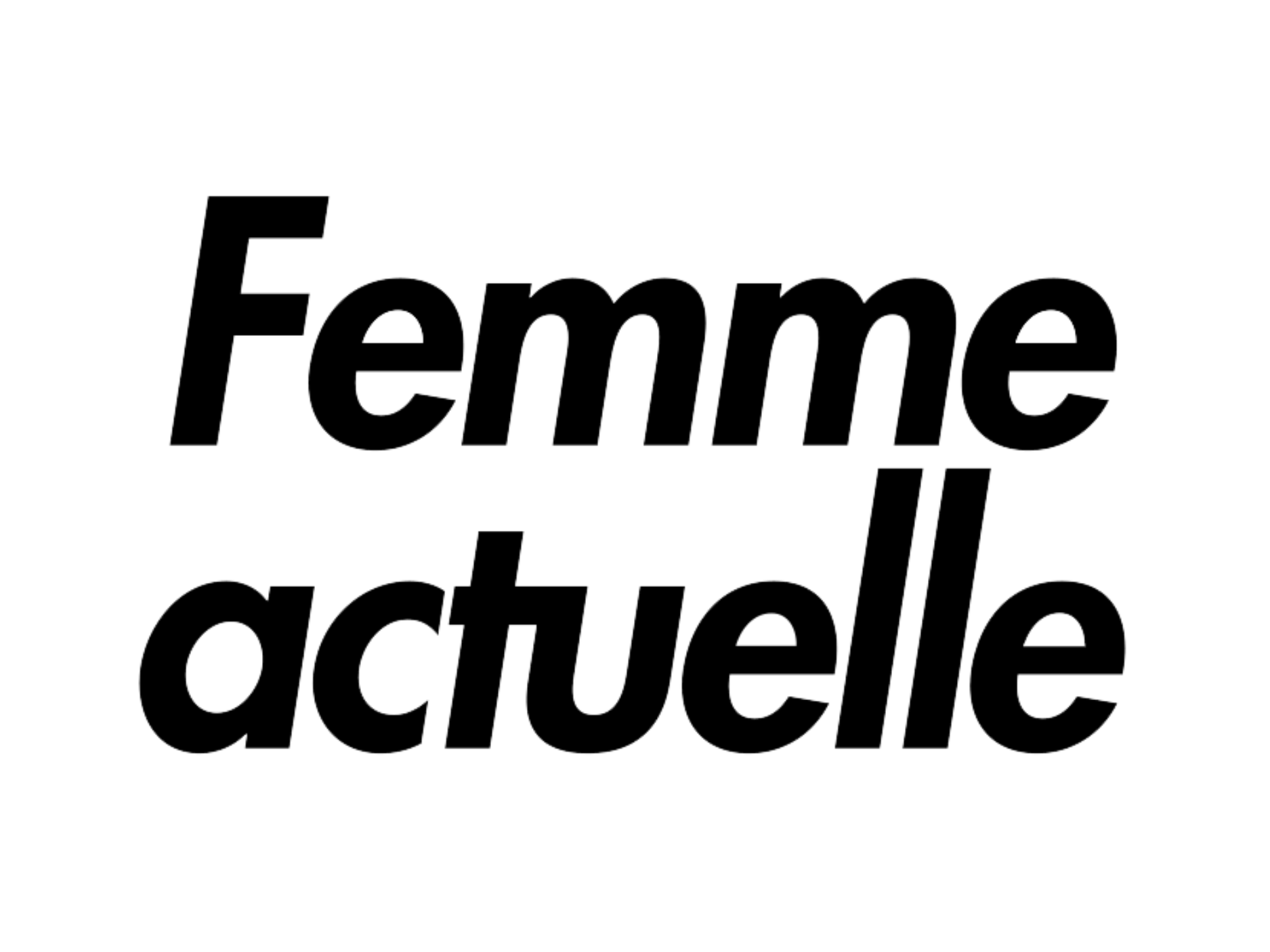Breast milk is incredibly nutritious. In fact, it provides most of the nutrients your baby needs for the first 6 months of life.
Although the composition of breast milk is tightly regulated by your body, scientific research has shown that what you eat has some effect on the quality of breast milk .
In general, no food is prohibited. Instead, women are recommended to follow a balanced and varied diet. Still, there are certain foods and drinks that you may need to limit while breastfeeding.
Here are 5 foods to limit or avoid while breastfeeding, plus tips on whether your diet is affecting your baby:
1. Mercury-rich fish
Fish is an excellent source of docosahexaenoic acid (DHA) and eicosapentaenoic acid (EPA) - two types of omega-3 fatty acids that are important for brain development in infants, but can be difficult to find in other foods.
However, some fish and seafood may also be high in mercury , a metal that can be toxic – especially to infants and children, who are more susceptible to mercury poisoning .
Acute exposure to high levels of mercury can permanently affect your baby's central nervous system. As a result, they may have delays or deficiencies in :
- cognition
- dexterity
- Speech and language development
- Visual-spatial awareness
Therefore, mercury-rich fish should be avoided while breastfeeding. Examples include :
- bigeye tuna
- king mackerel
- marlin
- orange roughy
- The shark
- swordfish
- The tile fish
To ensure adequate omega-3 intake while reducing the risk of mercury poisoning, it is recommended that nursing mothers avoid high-mercury fish and consume 225-340 grams of low-mercury fish instead. in mercury per week .
2. Certain herbal supplements
Using herbs and spices such as cumin or basil to flavor foods is considered safe while breastfeeding.
However, when it comes to herbal supplements and teas, there are some concerns about safety, as there is a lack of research on breastfeeding women .
While many women try supplements to help increase milk supply , evidence for their effectiveness is limited overall, with most studies finding no difference in breast milk supply compared to a placebo .
It's best to talk to your health care provider before trying any supplement.
3. Alcohol
Total abstention from alcohol is the safest option while breastfeeding. However, an occasional drink is probably safe, as long as you're careful about how much and when.
The amount of alcohol your baby can get from breast milk depends on how much alcohol you drank and when you drank it. Research has shown that the amount of alcohol in breast milk peaks 30 to 60 minutes after your last drink .
Also, alcohol can stay in your system for 2-3 hours. It's just for one drink - the more alcohol you've had, the longer it takes to clear it from your system .
As a result, we recommend limiting alcohol to one standard drink per day and waiting at least 2 hours after that drink to breastfeed .
But ideally, if you can abstain completely, do so.
A standard drink is equivalent to :
- 355ml beer
- 125ml wine
- 45 ml strong alcohol
High levels of alcohol consumption have been shown to reduce breast milk production by 20%.
Moreover, the consumption frequent and excessive drinking while breastfeeding has been linked to an increased risk of sleep disturbances, delays in psychomotor skills, and even cognitive delays later in life .
4. Caffeine
Coffee, soda, tea and chocolate are common sources of caffeine. When you consume them, some of this caffeine can end up in your breast milk .
This can be problematic, as babies have a hard time breaking down and getting rid of caffeine. As a result, large amounts of caffeine over time could build up in your baby's system, causing irritability and trouble sleeping .
According to the CDC, breastfeeding mothers are recommended to consume no more than 300 mg of caffeine per day, which is equivalent to two or three cups of coffee .
Since energy drinks often contain added vitamins and herbs, in addition to high amounts of caffeine, it is recommended that breastfeeding women avoid these products unless otherwise approved by a trusted healthcare provider .
5. Highly processed foods
To meet the increased nutritional needs of breastfeeding, it is extremely important that you eat a healthy, balanced diet .
As highly processed foods are generally high in calories, unhealthy fats and added sugars, but low in fiber, vitamins and minerals, it is recommended to limit their intake as much as possible.
Early research also suggested that a mother's diet while breastfeeding can influence her child's diet later in life .
Specifically, animal studies have shown that the flavors infants are exposed to through breast milk can influence their food preferences as they grow .
One study observed that rats born to mothers with an unhealthy diet were much more likely to prefer foods high in fat and sugar than those whose mothers had a healthy, balanced diet .
Although more research is needed in humans, there are concerns that frequent exposure to fatty and sugary foods as an infant may lead to less healthy eating habits and obesity as the child grows older. getting old.
Other Considerations
Because the flavors of foods and drinks carry over to your breast milk, some moms find that strongly flavored foods like onion, garlic, or spices cause their baby to refuse to feed or become fussy after eating .
Although there is no evidence to suggest that all mothers should avoid strongly flavored foods, if you notice any changes in your baby's diet, it is important to discuss elimination with your dietitian or pediatrician. certain foods or spices in your diet .
Other potential food items that should be avoided while breastfeeding include cow's milk and soy products .
About 0.5-2% of breastfed infants may be allergic to cow's milk protein from breast milk, while 0.25% may be allergic to soy protein .
If your pediatrician suspects that your baby may be allergic to milk or soy, it is recommended that you exclude all cow's milk or soy protein from your diet for 2 to 4 weeks if you wish to continue breastfeeding .
How to tell if your diet is affecting your baby
Every baby is different. However, there are common signs that your diet may be affecting your baby, including :
- eczema
- bloody stools
- vomiting
- Diarrhea
- hives
- The constipation
- wheezing
- Congestion
- Abnormal restlessness
- excessive gas
- Anaphylaxis - although rare, it is important to seek immediate medical attention.
If your baby has any of these symptoms, it could be a sign that your baby is allergic or intolerant to something in your diet . It's important to make an appointment with your pediatrician, as they can work with you to help identify the problematic food.
For some food allergies , you may be asked to remove any suspected allergens for 2-4 weeks to see if the symptoms go away.
Keep in mind that while your baby may suffer from intolerances or allergies as a child, they can still tolerate these foods as they get older. Consult your pediatrician before adding any foods to your or your child's diet .
The main thing to remember
breast feeding provides essential nutrients to your growing baby.
Although most prohibited foods during pregnancy are back on the menu, some foods and drinks may not be tolerated by your baby or may have negative effects on him.
Although it is recommended to completely avoid fish high in mercury and certain herbal supplements, foods like alcohol, caffeine and highly processed products can still be consumed but in limited amounts.
If your baby is showing symptoms like eczema or bloody stools, it could be something in your nutrition . It's important to share your concerns with your pediatrician before making any sudden dietary changes.

